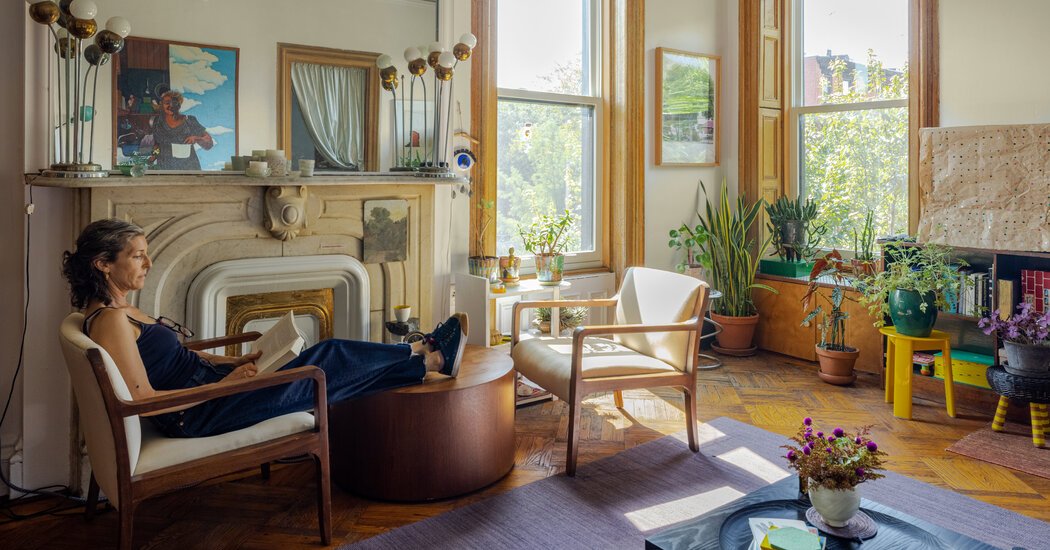
But when Ms. Pierre arrived at the hospital, her heart stopped again and wouldn’t restart.
“It was as if this incredible quiet descended on the building,” Ms. Coffee said. “There was a hole. Everyone was quiet.”
She expected that Ms. Pierre’s family would immediately gather to mourn and celebrate their matriarch. “I thought there’d be tons of relatives coming over, but that wasn’t the case. It was super still, almost eerily quiet. Silla was in the building every minute for the past two years. She only left for the doctor, and even that didn’t happen often, because she hated going to the doctor,” Ms. Coffee said. “She was always in the house — you just knew she was there. And now she wasn’t.”
A couple of weeks after Ms. Pierre’s passing, a postal worker stopped Ms. Coffee on the street, recognizing her as a tenant. He wanted to talk about her old landlord. “I said, ‘Oh, you knew Silla.’ And he said, ‘Yeah, she used to cook for me.’ This kind of conversation on the block, I’m telling you, it’s been happening repeatedly. She was a big presence and she left this big hole.”
In the past few weeks, Ms. Coffee said, things have been “tiptoeing back to normalcy,” but the family is still sorting through what to do with the building. “Nothing’s going to happen for a while,” she said. “I don’t think they’ve changed a thing in her room. They’re just not there yet.”
For now, the brownstone remains a home for everyone that Silla Pierre brought together.
“My grandmother was very understanding,” Mr. Pierre said. “Her mantra was, ‘Everybody’s got to live.’ We had a lot of discussion over the years, where we would tell her, ‘Look, the building needs to be repaired, we have to match the market rent-wise.’ And she would always say, ‘No, everybody has to live, everybody has to survive.’”
He added: “There was no stopping her. She was a strong-willed West Indian woman. She cared about people and made sure everybody was always taken care of.”






